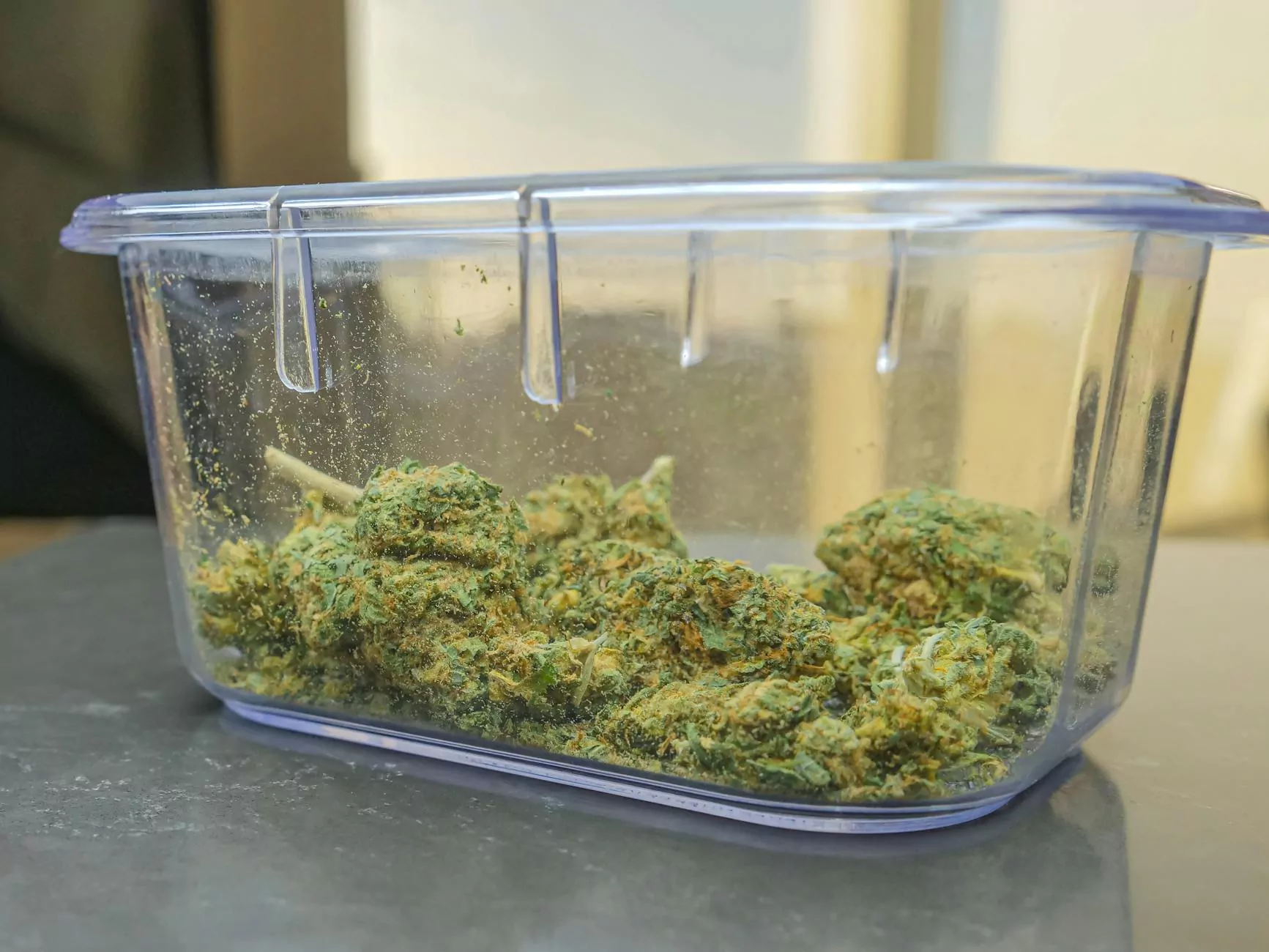Buying Horse Meds Without Vet Prescription: A Complete Guide

The world of equine care has evolved significantly, and horse owners are continuously seeking ways to provide the best possible treatment for their animals. A common question among horse owners is whether it is possible to purchase horse meds without vet prescription. This comprehensive guide will walk you through the essentials of horse medications, the regulatory landscape, and how to safely obtain necessary equine pharmaceuticals without the need for a veterinary prescription.
Understanding Horse Medications
Before diving into the specifics of obtaining medications, it's crucial to understand what horse meds encompass. These medications can be broadly categorized into:
- Anti-inflammatory drugs: Used to reduce inflammation and pain.
- Antibiotics: Essential for treating bacterial infections.
- Antiparasitics: Important for maintaining the health of the horse by eliminating parasites.
- Vaccinations: Vital for preventing infectious diseases.
- Supplements: Often used to enhance overall health and performance.
The Importance of Proper Medication
Administering the proper medication to your horse is essential for their overall health and well-being. Just as with any other pet, horses depend on their owners to recognize when something is wrong and to seek appropriate treatment. However, navigating the world of horse meds can be complicated, particularly when it comes to regulations regarding prescriptions.
The Legal Landscape for Purchasing Horse Meds
In many countries, certain medications are classified as prescription drugs. This means that they can only be obtained through a veterinary prescription due to their potential side effects and complexities of use. However, there are options for horse owners who wish to purchase horse meds without vet prescription.
Over-the-Counter (OTC) Medications
Many equine medications are available over-the-counter. These are typically less potent than those requiring prescriptions, but they can still be effective for treating minor issues. Examples include:
- Sedatives: Lightweight sedatives are sometimes available without a prescription.
- Topical Treatments: Creams and ointments for cuts and scrapes.
- Horse Supplements: Vitamins and minerals that promote general health.
Online Pharmacies
The internet has transformed the way horse owners can procure medications. Many online pharmacies, such as racehorsemedcare.com, provide a large selection of horse medications. Here are some advantages of using online pharmacies:
- Convenience: Order from the comfort of your home without needing to visit a vet.
- Wider Selection: Access to a broad range of horse meds, including some that may not be available locally.
- Competitive Pricing: Online distributors often have lower prices compared to local suppliers.
Finding Reliable Sources
While the prospect of buying horse meds without a veterinarian's prescription can be appealing, it is crucial to ensure that you are sourcing your medications from reputable suppliers. Here are some tips for finding reliable sources:
- Research Pharmacy Reputation: Look for online reviews and testimonials from other customers.
- Check for Certification: Ensure that the pharmacy is certified and complies with local regulations.
- Email and Phone Support: Reliable pharmacies will provide responsive customer service for any inquiries you have.
Risks Associated with Self-Medication
While the option to buy horse meds without vet prescription might seem beneficial, there are potential risks involved. Self-diagnosis and treatment can sometimes lead to:
- Incorrect Dosages: It is crucial to know the correct dosage, as an incorrect amount can lead to further health issues.
- Interactions with Other Medications: Your horse may be on other medications, and it's essential to avoid harmful interactions.
- Delay in Proper Care: If a serious condition is present, delaying professional treatment can worsen the situation.
Best Practices for Administering Horse Medications
When you decide to administer medications to your horse, consider the following best practices:
Consult with a Veterinary Professional
Even if you are obtaining medications without a prescription, it's advisable to consult with a vet, especially when dealing with serious health matters. A veterinarian can provide insights into the condition and recommend the best course of action.
Follow Instructions Carefully
Always read the label and follow dosage instructions explicitly to avoid complications.
Monitor Your Horse's Response
After administering a medication, keep a close eye on your horse for any adverse reactions or side effects. If unexpected symptoms arise, consult a veterinarian promptly.
Commonly Used Horse Medications
Here is a list of some commonly used horse medications that are often sought by owners:
- Bute (Phenylbutazone): An anti-inflammatory often used for pain relief.
- Banamine (Flunixin Megumine): Another anti-inflammatory that is effective for colic pain.
- Dexamethasone: A corticosteroid used for various inflammatory conditions.
- Thyro-l (Levothyroxine): Used for horses with thyroid disorders.
Conclusion: Empowering Horse Owners
The ability to purchase horse meds without vet prescription can empower horse owners, providing them with the tools necessary to manage their horse's health effectively. However, responsibility should be taken seriously. Ensure that you are well-informed, source your medications from reputable providers, and make informed decisions regarding your horse's health.
Remember, while the convenience of accessing horse medications without a prescription is a significant advantage, the health and well-being of your horse should always come first. By following best practices and staying informed, you can ensure that your beloved equine companion receives the appropriate care they need.









